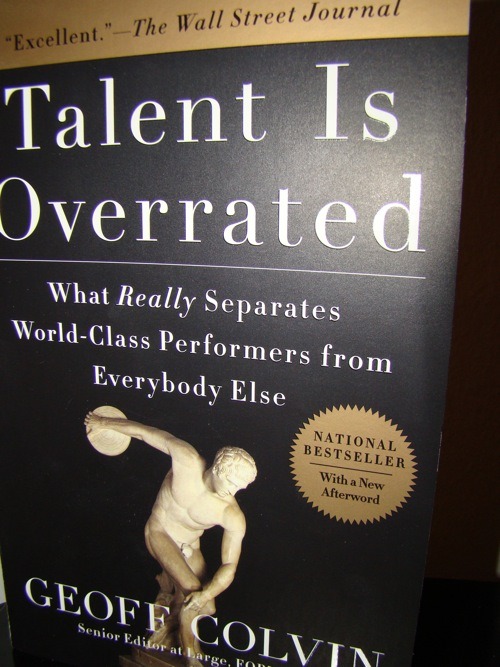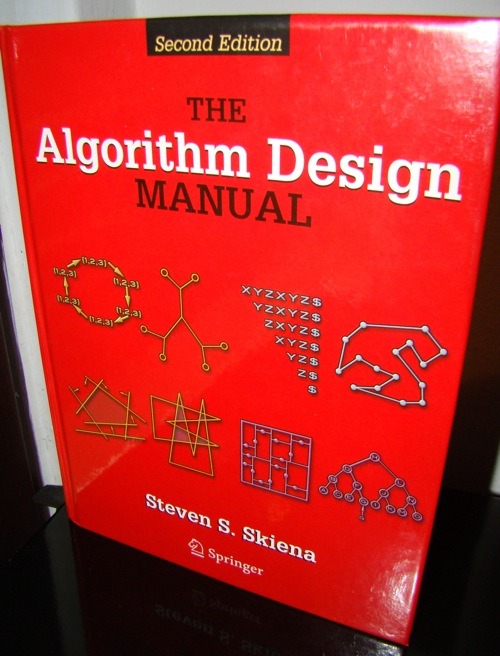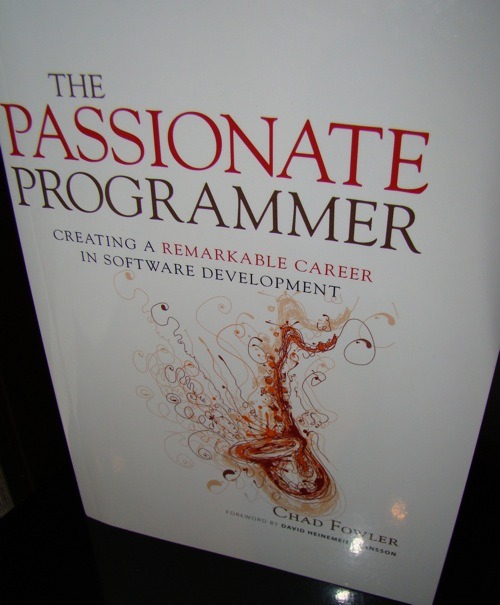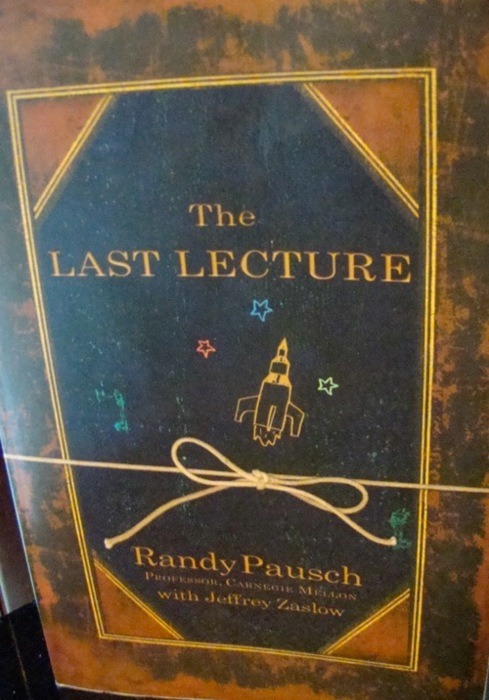
What is it about?
How did Mozart become to great at composing music? Why does Tiger Woods rock the GPA world tour? Are they more talented that you and me? Geoff Colvin explores if talent matters and how you can achieve extraordinary achievements.
What can I learn?
Talent is overrated: Colvin cited some studies which showed that learning is the critical factor in achieving great performance. You have probably experienced this by yourself. There are kids which can read and calculate with 4 years but 10 years later they are mediocre in reading and calculating. Or the other way around. There were fellow pupils which really sucked in math and three years later they graduated as the best of the class. Generally, talent doesn’t matter. What matters is (deliberate) practice.
You decide: This was my main motivator about four years ago to change my life. Either you accept that you can change your life and that your are responsible for its outcomes or you accept that you are mostly influenced by other actions and can’t really control so much. If you choose the first option, you will be able to achieve extraordinary stuff. You don’t have to think about talent. You can just start and learn. That is, if you think there’s talent and it matters, than this book will be worthless for you.
Deliberate practice: Practice isn’t practice. The most effect turned out to be deliberate practice. This costs of instant feedback, is repeatable and you are focused on learning, i.e. there’s no automation of your actions. It’s quite easy if you think about learning an instrument. But how do you learn, let’s say about marketing? Colvin recommends different things. For once, you can take case studies in marketing, work through them and create solutions. Afterwards, you compare them with actual result. For most effect, you can work on it some months later when you forgot the actual result and do it again. Probably your solution will improve. An other way is to use simulations. There are a lot of business / marketing games out there, which can help you understand mechanics better. Furthermore, it always helps to read basic literature again. Work through marketing books which you read some years ago. Frankly, one thing I learned in this reading challenge is that there isn’t much new information about marketing/business. It’s just old ideas translated into a new medium, nothing else.
Conclusion
It frightening how much I agree with the book. Geoff Colvin did a great job in summing up various research and presenting it to the reader. Some guy named Dan decided about a year ago to try out an experiment. He will put 10,000 hours deliberate practice into golf and plans to become a professional golfer. The hardest part is persistence. Great job, great book. Recommendation!



